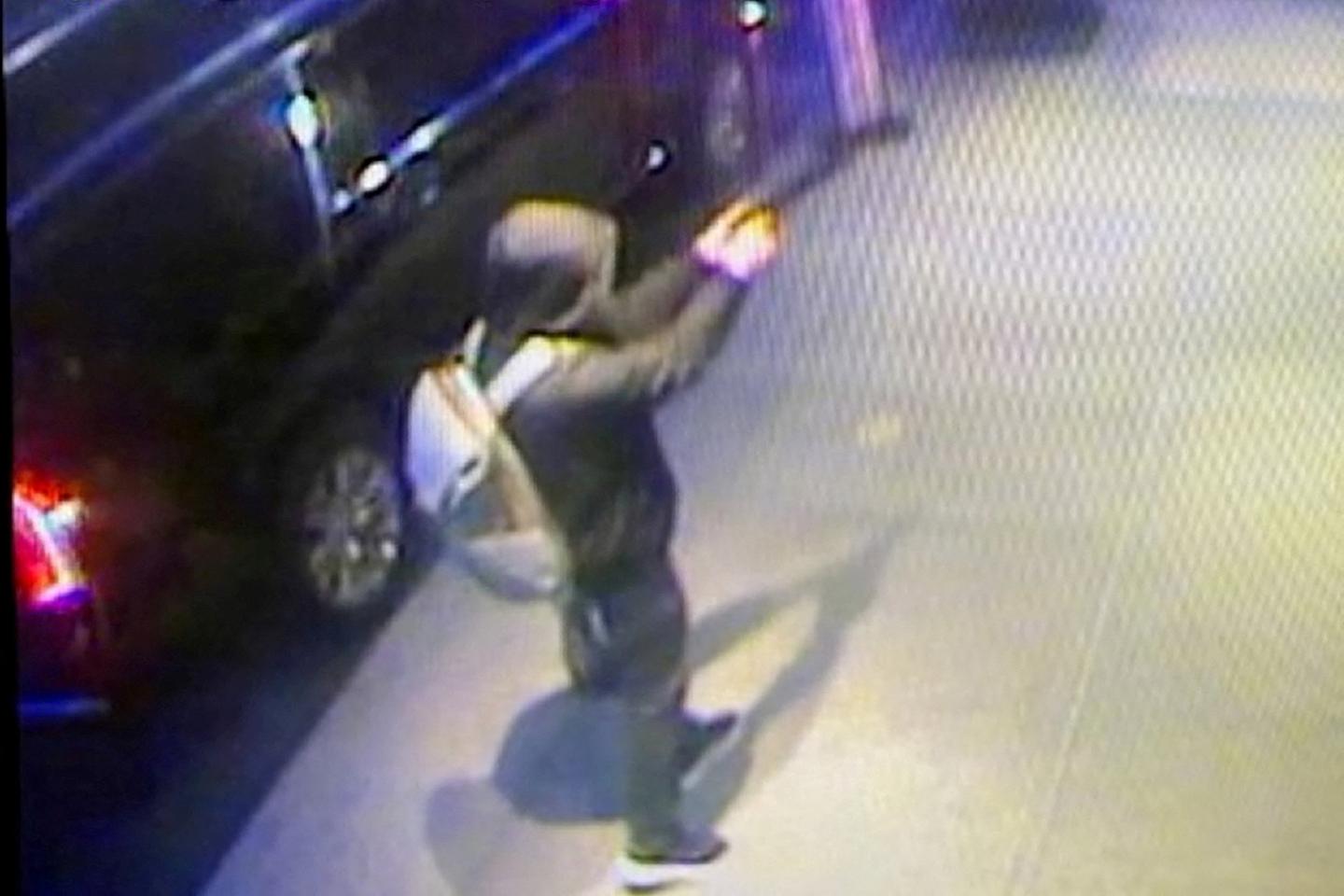


The assassination on December 4, 2024, of the CEO of United Healthcare, the leading private medical insurance company in the United States, in the middle of the street in front of a major hotel in New York, and the paradoxical reactions it provoked, have sparked a passionate debate in the country. It once again puts the spotlight on two flaws plaguing American society: the shortcomings of the health insurance system and gun violence as a means of settling disputes.
A 26-year-old man, Luigi Mangione, was arrested on December 9 in Pennsylvania at the end of a manhunt that monopolized the attention of the US media. He is expected to be indicted for the murder of Brian Thompson, a 50-year-old father and CEO of one of the huge private companies that manage access to medical coverage in the US.
Far from being a victim of social inequality, the suspect is the son of a wealthy East Coast real estate family and a graduate of one of the US's elite universities, the University of Pennsylvania. He seems to have become progressively isolated and radicalized and to have harbored a particular hatred of medical insurers following back surgery.
The affair brought to light the anger and resentment of a section of the public against medical insurance companies. Reactions on social media poured out a torrent of ironic, vengeful and hateful comments, siding with the alleged murderer while he was on the run. Media outlets reporting on the story were forced to ban comments on their articles. United Healthcare also shut down the condolence booklet on its website after it was overwhelmed with tasteless messages.
'He's no hero'
The morbid fascination with this case and the level of verbal violence it has unleashed are as shocking as the violence with which the suspect seems to have sought revenge on a system he abhors. These reactions illustrate a trend already noticeable in recent criminal trials where juries have acquitted people accused of taking justice into their own hands by killing individuals they deemed threatening; they are disturbing in a country that prides itself on the rule of law and where firearms are so easily accessible. "In some dark corners, this killer is being hailed as a hero," said Pennsylvania's alarmed Democratic governor, Josh Shapiro. "Hear me on this: He is no hero. (...) We do not kill people in cold blood to resolve policy differences or express a viewpoint."
The reactions to Thompson's murder also highlight the persistent and widespread resentment against private health insurers and an unequal healthcare system, even though US health coverage has been notably improved since the Obama presidency. Today, only 8% of the population is uninsured, and 99% of seniors are covered.
The way insurance companies operate, as subcontractors to public programs, and their pursuit of profit on the backs of policyholders is fuelling frustration. The rate of refusals by medical insurance companies to cover medical procedures has risen sharply in recent years. It is the complexity of the ruinous healthcare system in the US, whose spending swallows up 17% of GDP, that is called into question in this debate. It's a climate that the appointment of Robert Kennedy Jr, a notorious anti-vaccine conspiracy theorist, as secretary of health human services by President-elect Donald Trump is unlikely to alleviate.
